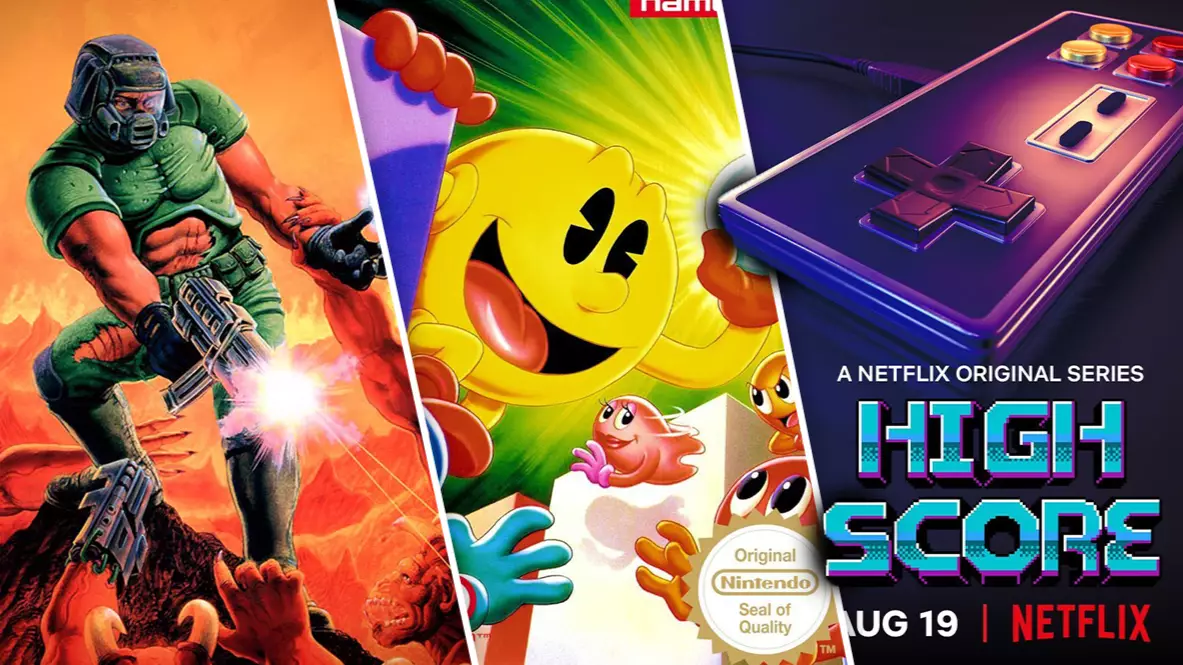
If you've watched Netflix's new High Score series, you'll know it's a pretty darn good, brief and breezy history of video games that's both a) entertaining enough to keep you hooked over its six episodes and b) educational enough that you come away having learned something you never knew before, however long you've been gaming for.
Maybe that's the fact that the inventor of interchangeable cartridge gaming, for the Fairchild Channel F console (the 'f' stands for 'fun'!), was one Jerry Lawson (a nugget of info that blew up across social media); or how SEGA and Nintendo traded blows in the 1990s, as the so-called Console Wars raged like never before. Honestly, it makes Xbox and PlayStation look like a couple of pals enjoying a pleasant picnic together.
The show touches upon a host of classic video games from years gone by - games that absolutely underpin everything we know and love about video gaming today. But the thing about old video games, right, is that, a lot of the time... they're kind of rubbish to play, today. There, I went and said it, but it's true. I've been playing video games since the mid-'80s but trust me, most of what I played back then I have zero interest of ever revisiting.
Advert
However, some of the classics really don't go out of style. Sure, maybe they've received sequels aplenty, and they've moved with the times, and there's a slew of more up-to-date ways to enjoy what they're essentially offering, in HD and 360-degree sound, and so on. But to go back to these games, the ones we've picked from High Score's episodes below, is to experience a way to play that is effectively ageless.
In other words: the games below still hold up today, for reasons I'm about to get into. Brief reasons, snappy ones, because I want you off this page and playing these games (all of them can be found on compilations for modern consoles, as standalone releases and on and streaming services). So, let's get into it.
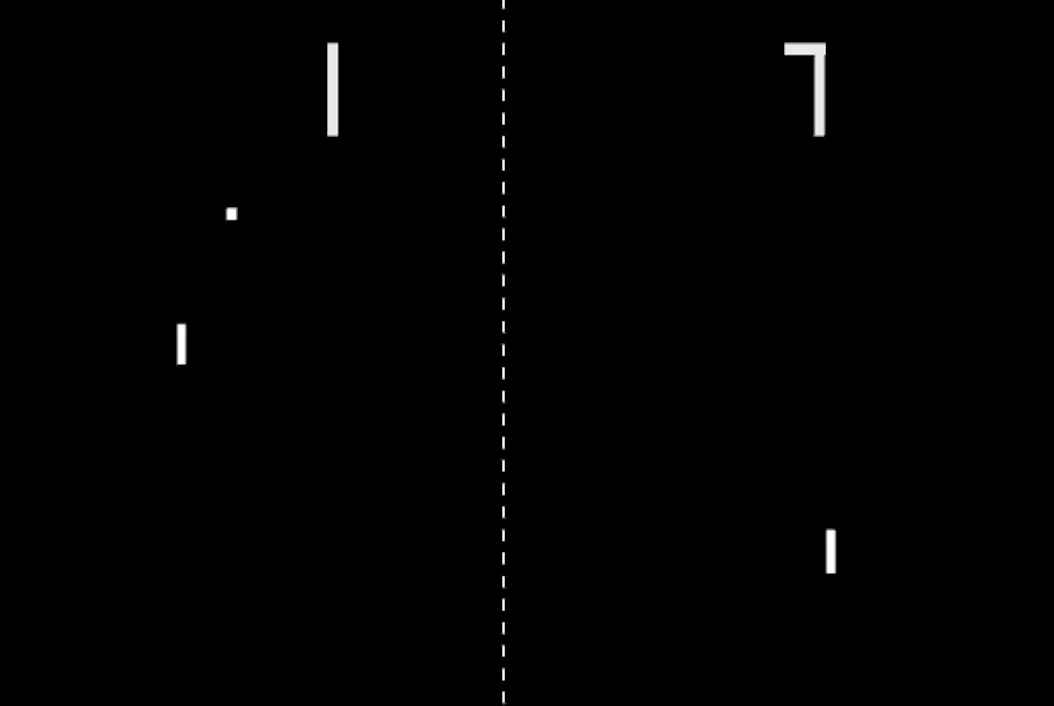
PONG (1972)
The world's first arcade hit is, undeniably, incredibly simple. Two paddles, one ball, back and forth, the aim being to knock the ball past your opponent's paddle. Top score wins. Elementary in the extreme, and I don't blame you for immediately thinking, pffft, why do I want to play that in 2020. Well, how about you get it on your TV in the company of competitive pals, and then see how you feel about its qualities in the here and now. In my experience, Pong is the very progenitor of that 'just one more game' itch we all experience sometimes, where to lose a match is to swear you'll win on the next turn. It really can be that addictive - which is probably why it had made Atari around $14 million by 1974.
Advert
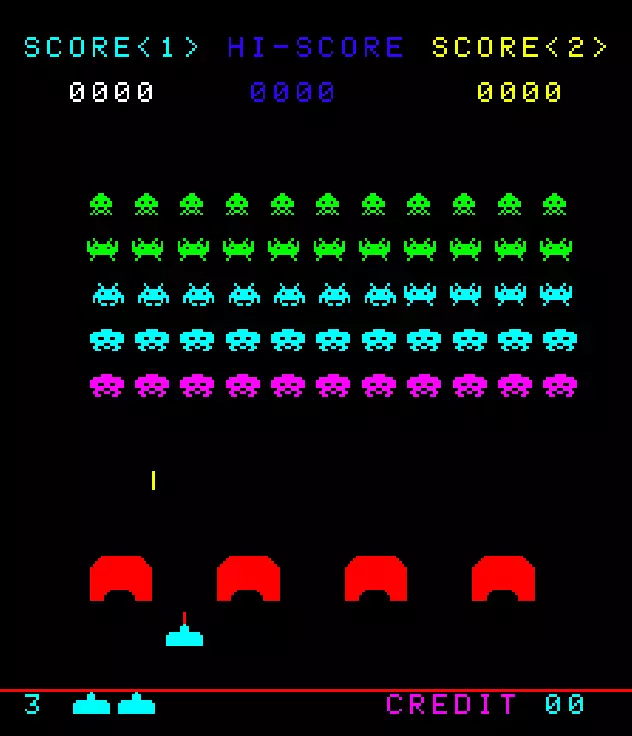
SPACE INVADERS (1978)
Space Invaders is way harder than it looks (High Score reveals that its own maker, Taito's Tomohiro Nishkado, kinda sucked at it), but it's one of those games that when you click with it, its graphical limitations completely fall away. You're there, frantically defending yourself against waves of alien invaders, desperately dodging behind failing cover as they come, and come, and just keep on coming. I can feel my pulse quickening right now, just thinking about how tense Space Invaders can actually be.
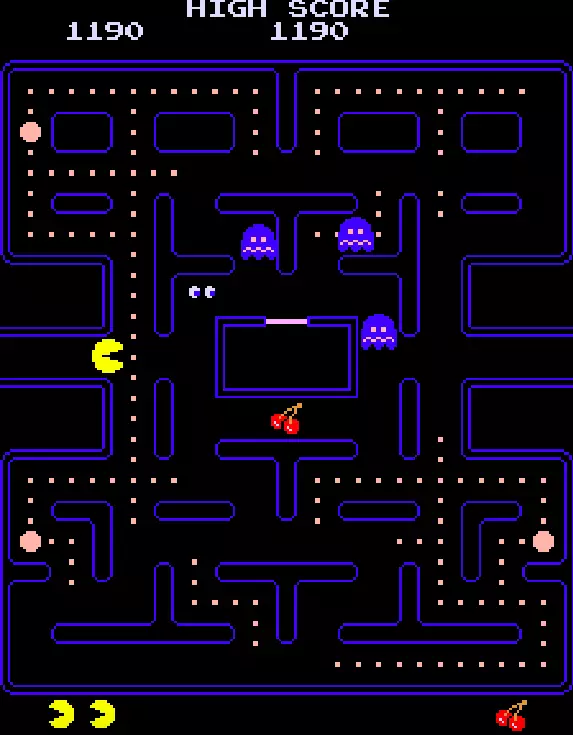
PAC-MAN (1980)
I already wrote a fair chunk of words about the thrill of Pac-Man in 2020 for the character/game's 40th anniversary, earlier this year. You'll find that piece here, but to summarise: "Pac-Man is the most brilliant breed of Video Gaming 101: effortlessly simple, and sublimely moreish. More so than Mario, than Sonic, than Lara or anyone else. Pac-Man might not be as beloved as those icons, but his debut game sure does hold up better." It sure does, me of a few months ago.
Advert
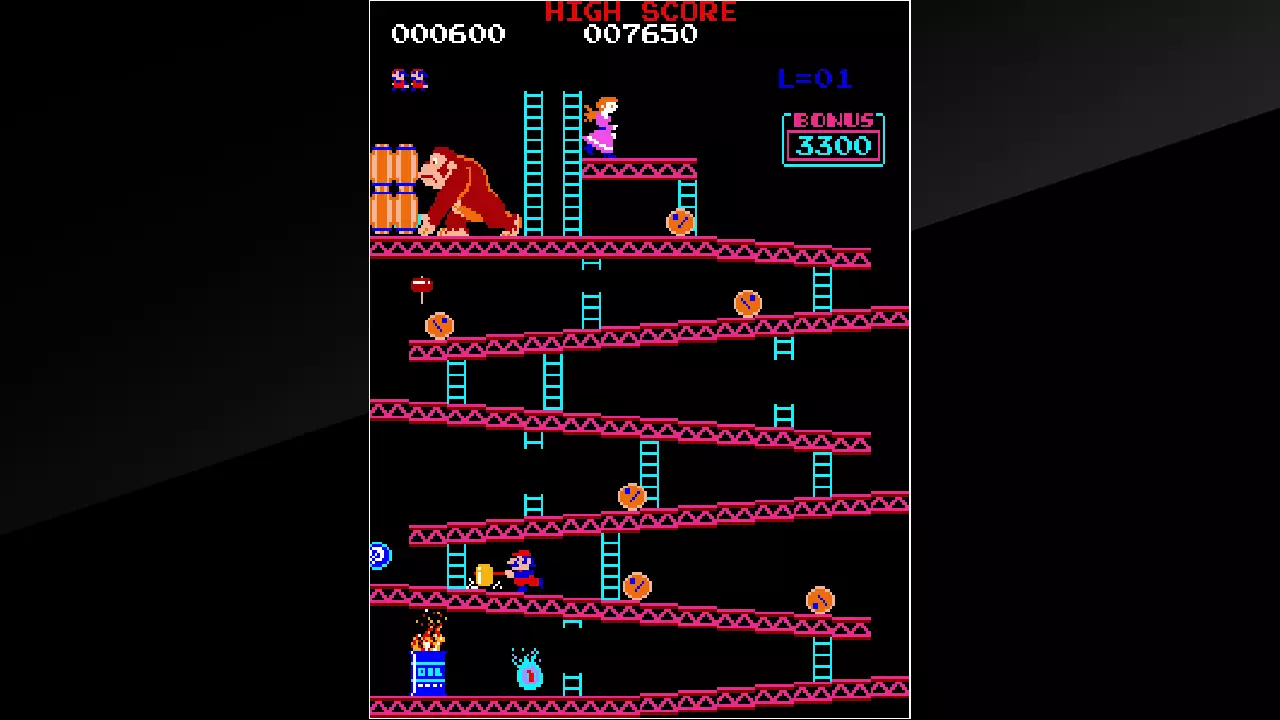
DONKEY KONG (1981)
This is where it all started for Nintendo's mascot, Mario - even if he's not known as Mario in this game of climbing ladders and dodging barrels on the way to rescue Pauline (not Peach, not yet) from the titular angry ape. Simple to pick up but demanding smart-thinking and quick-thumbs to master, Donkey Kong is a classic of arcade's so-called golden age (Dance Dance Revolution wants a word) that, much like Pac-Man and Space Invaders, becomes incredibly hard to put down when you're fully locked into beating your personal previous best score. The game saw Nintendo sued by Universal, the owners of King Kong, as documented in High Score - but when the case reached court the judge ruled in Nintendo's favour. Imagine how different gaming could have been, had the decision gone the other way.
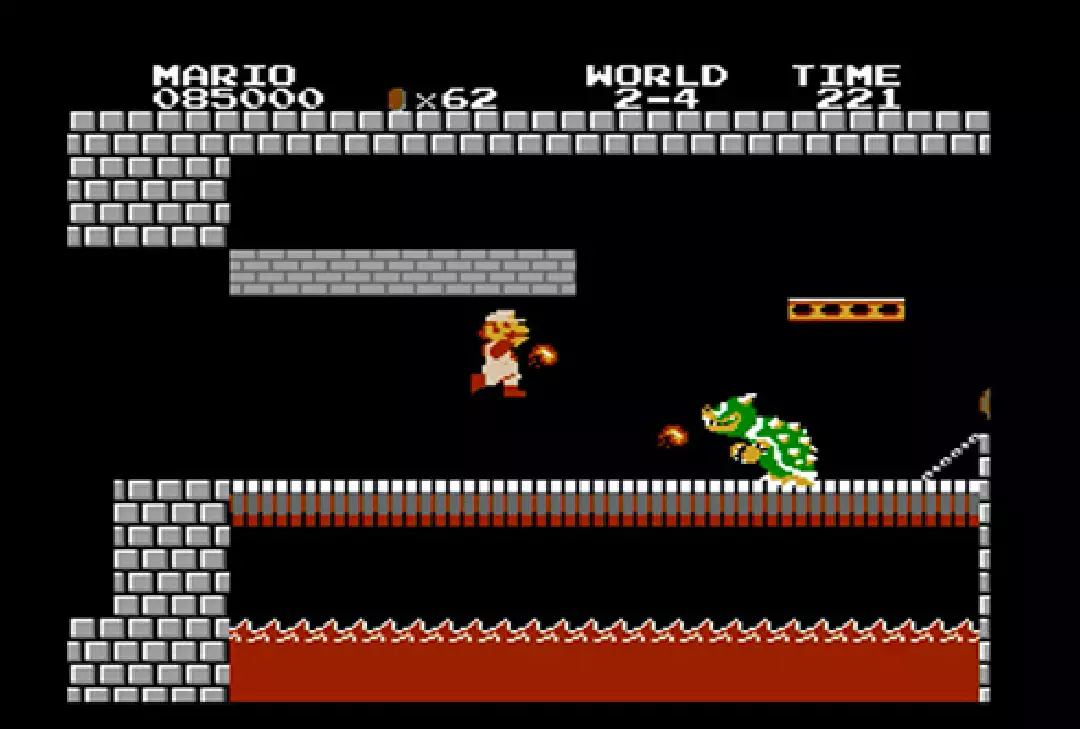
SUPER MARIO BROS. (1985)
I mean, what more needs saying about this all-timer? The platform game that really pioneered how we regard platform games today. The making of Mario as a mascot for Nintendo. The game that helped the NES console gain an incredible commercial foothold across the globe. Its music, levels, and character sprites are immediately recognisable. So much about Super Mario Bros. is video game history 101 - which is probably why it's such a crucial game in the High Score series. And with Super Mario celebrating its (his?) 35th anniversary in 2020, now's as fine a time as ever to sample the game that started it all, if you've not before. (But you have, right?)
Advert
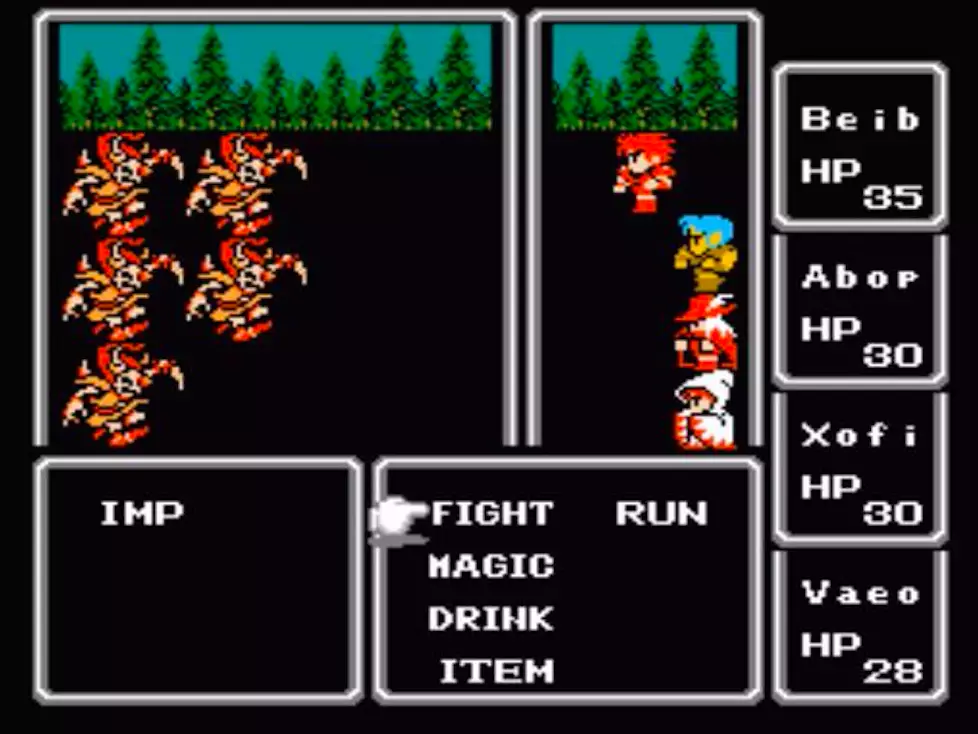
FINAL FANTASY (1987)
Role-playing games didn't start with Final Fantasy, but it was one of the first of its kind to really make a mark on console gamers (specifically those playing on the NES), with fantasy questing primarily the preserve of PC players beforehand. There was The Legend of Zelda, of course, which had come out the year before; but Final Fantasy was, from its intoxicatingly rich supporting artwork to its party of wildly different adventurers, evidently something else. Its random, turn-based battles would become something of a trademark of the series that followed, likewise magic (and magic users) divided into offensive and healing/supportive categories. The game only came to the US, translated, in 1990, where it didn't make quite the commercial mark it had in Japan - but the series would finally fully break through in North America and Europe when Final Fantasy VII arrived in 1997.
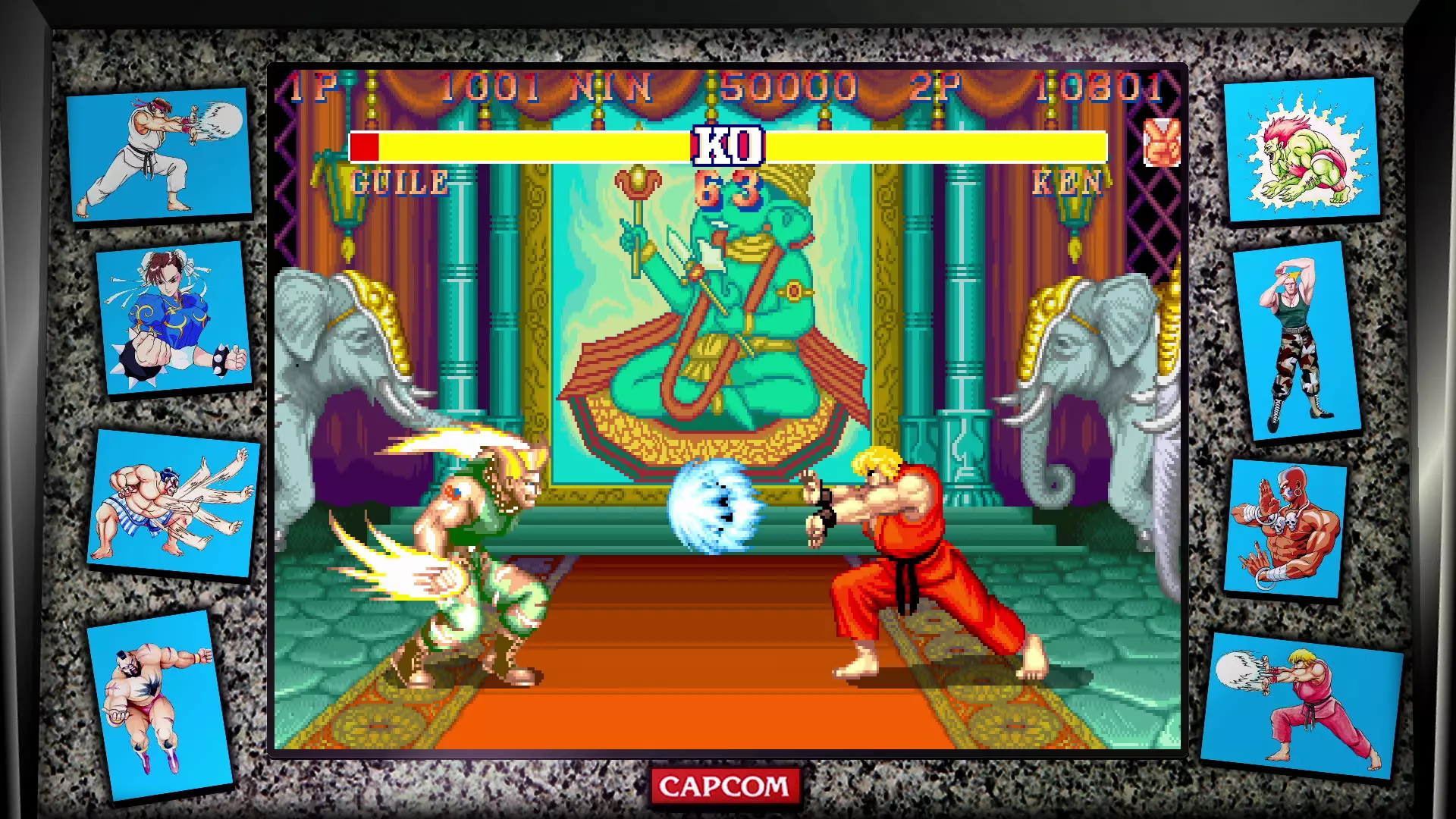
STREET FIGHTER II (1991)
Its 'World Warrior' subtitle was somewhat prophetic, as Street Fighter II was truly the first one-on-one fighting game to make an impression right around the globe. Whether you were chucking loose change into it in the arcade or gathering around the TV at home when it was ported (expensively!) to the Super Nintendo, Capcom's iconic second swing at the Street Fighter franchise was blessed with colourful characters, bizarre bonus rounds (sure, punch a car to pieces, no worries), and of course all those special moves. Learning them was half the fun, all quarter-turns and heavy-punch presses - what came next was understanding how to incorporate their use into winning strategies.
Advert
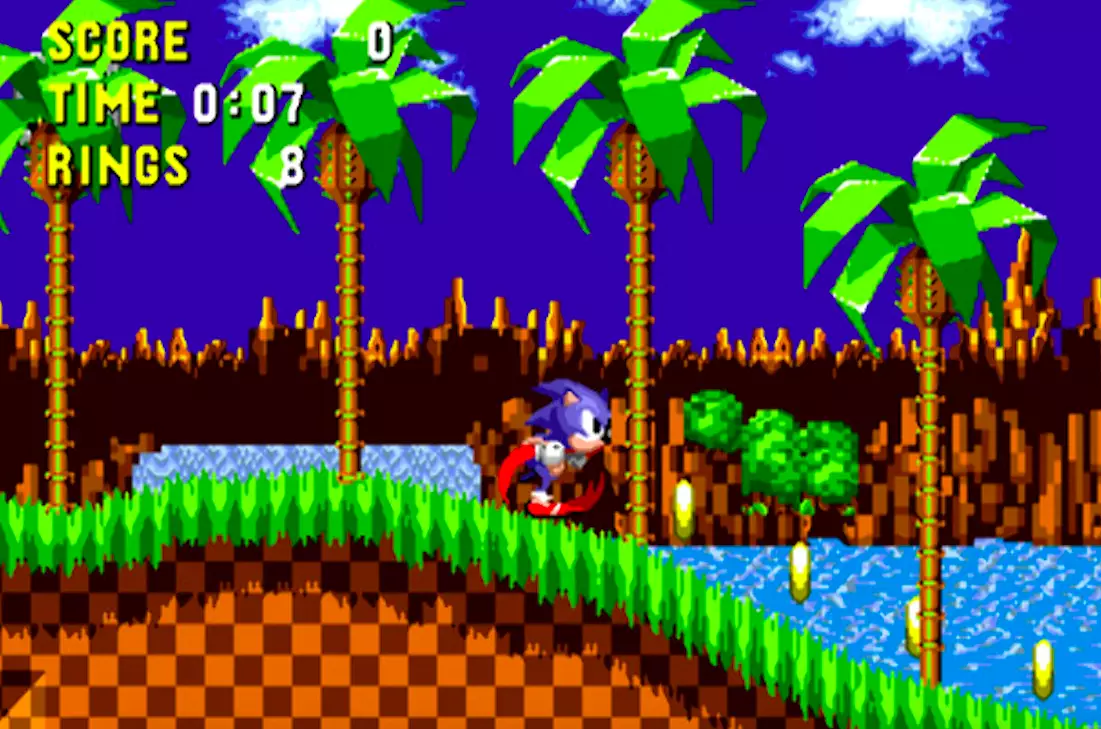
SONIC THE HEDGEHOG (1991)
SEGA's search for a mascot of their own to challenge Mario in the era of 16-bit gaming saw a good few interesting options surface, but ultimately it was a fast-sprinting, killer-rolling, suitably-blue hedgehog that got the green light. And much like the impact of Super Mario Bros. on Nintendo, nothing was quite the same for SEGA after Sonic the Hedgehog had blazed a trail across the Mega Drive. A franchise duly followed, full of highs way beyond Sonic's debut, and a fair few lows so tragic that it's best we all forget about them. There's an odd stiffness to 1991's Sonic that its sequel cleaned up, but nevertheless, it's a platforming genre classic that's still a lot of fun when experienced today.
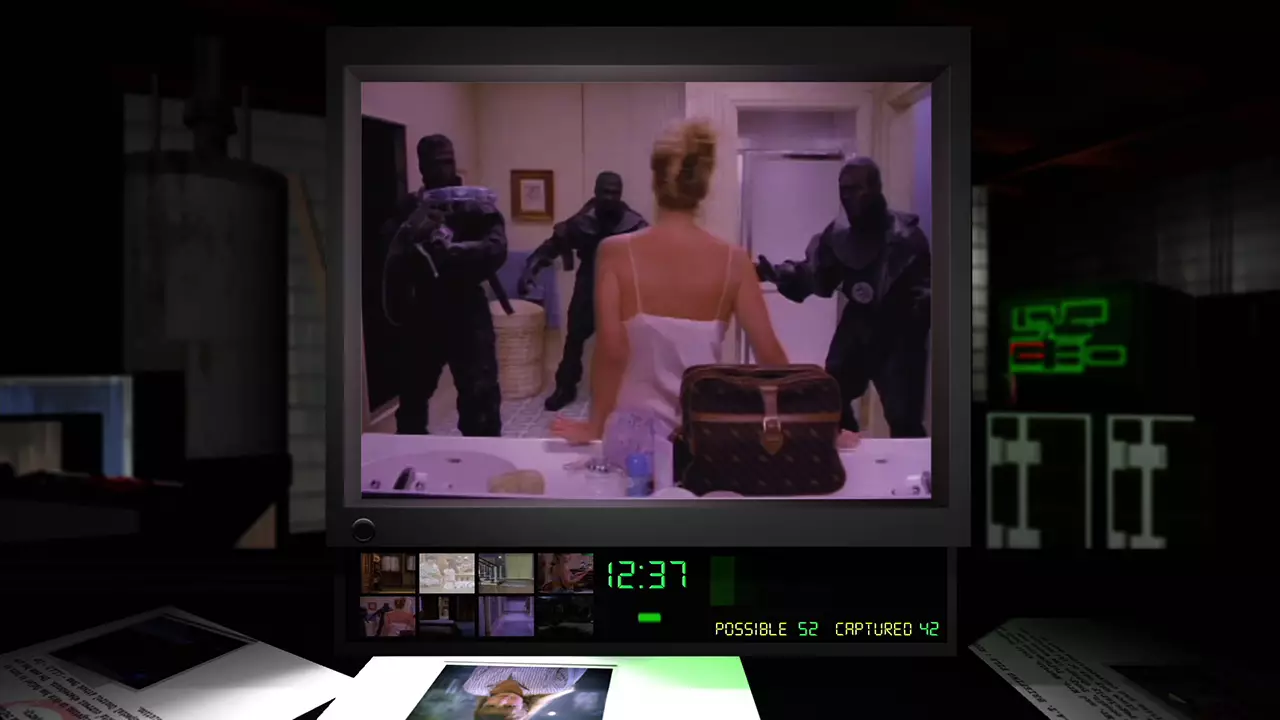
NIGHT TRAP (1992)
Now, I know what you're thinking. Night Trap isn't a classic. And you're right - except, in a way, you're wrong. Because Night Trap is illustrative of what happens when a certain section of the gaming industry chucks all of its eggs in one basket, and then that basket proves to be as flimsy cardboard caught in a torrential downpour. It really embodies everything that was brilliantly broken about then-hyped full-motion video games, of which there was such an influx of - super-limited interactivity, hammy acting and back-of-a-beermat storytelling. It's a classic example of how video games can go so wrong - and for that reason it's actually worth a look in 2020. HD versions of the game are playable on modern consoles and PC, so if it's in a sale, have yourself a history lesson.
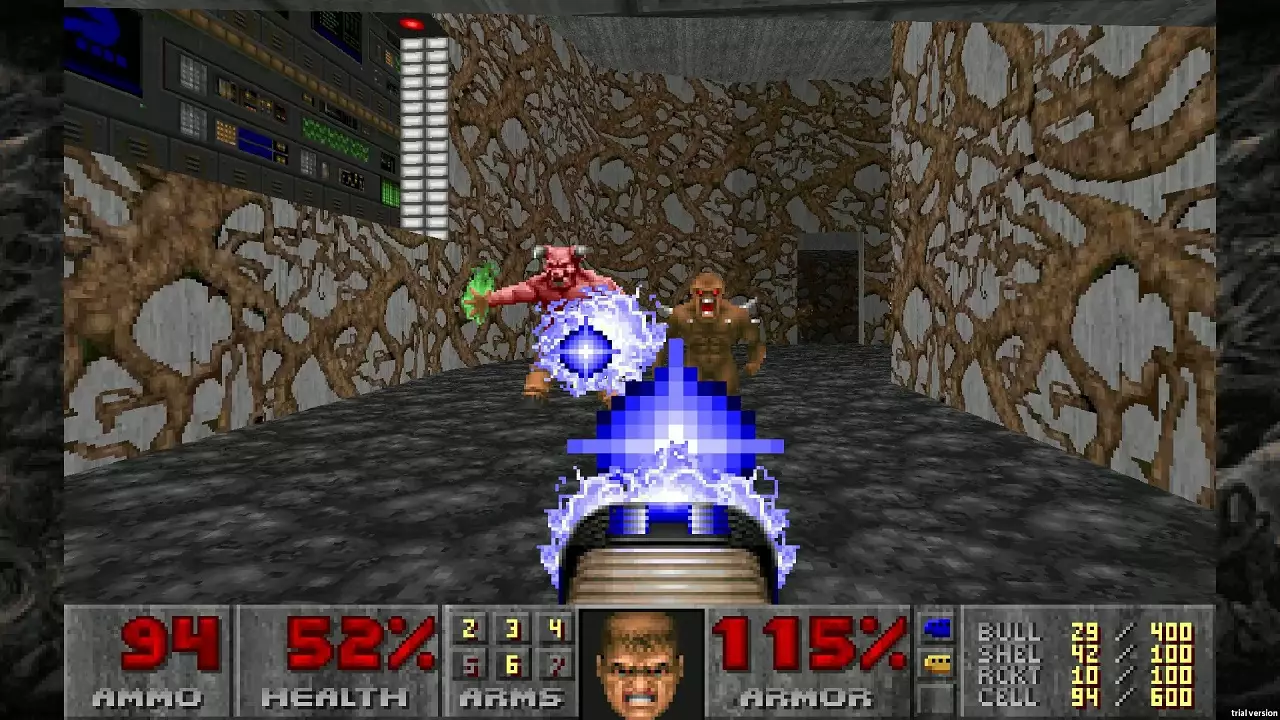
DOOM (1993)
So if the first thing that comes to mind when you read the initials BFG is Roald Dahl's cheerful and lanky, snozzcumber-munching giant, I guess you've never ripped and torn your way through the dastardly denizens of Hell itself. DOOM wasn't the first-ever first-person shooter, but with its incredible speed, its graphic violence and its multiplayer functionality, it effectively laid the blueprint for all major shooter series in said genre today, from BioShock to Call of Duty via Half-Life and Halo. It was such a big deal in the early '90s that a host of shooters to come after it were rather unsympathetically referred to as 'DOOM clones'. If you're fond of virtual guns in the 21st century, you've gotta play DOOM, is what I'm saying.
High Score is available on Netflix right now. Give it a watch, why not.
Featured Image Credit: Bethesda, Bandai Namco, Netflix
Topics: Sega, list, Nintendo, DOOM, Sonic The Hedgehog, Retro Games